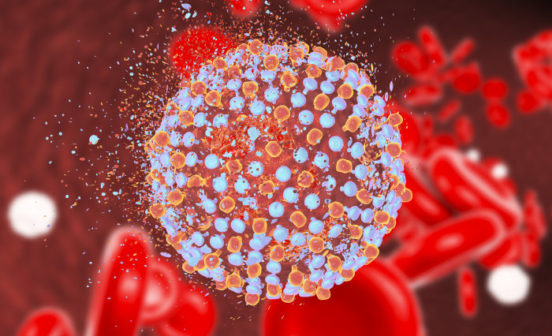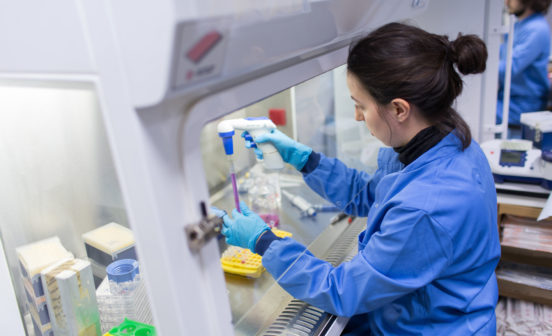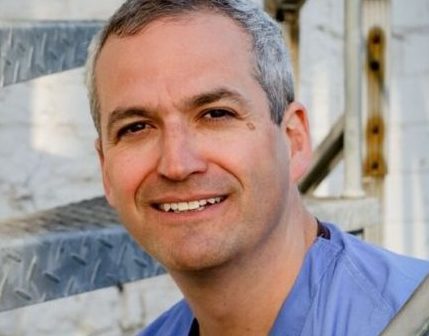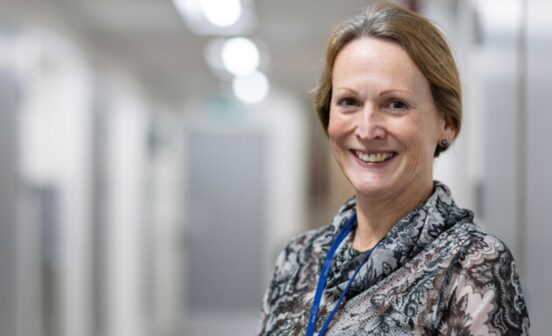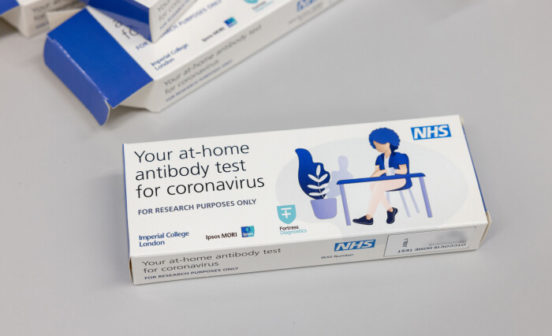DiagnosticPrevention Vulnerable groups identified as least likely to have COVID-19 antibodies
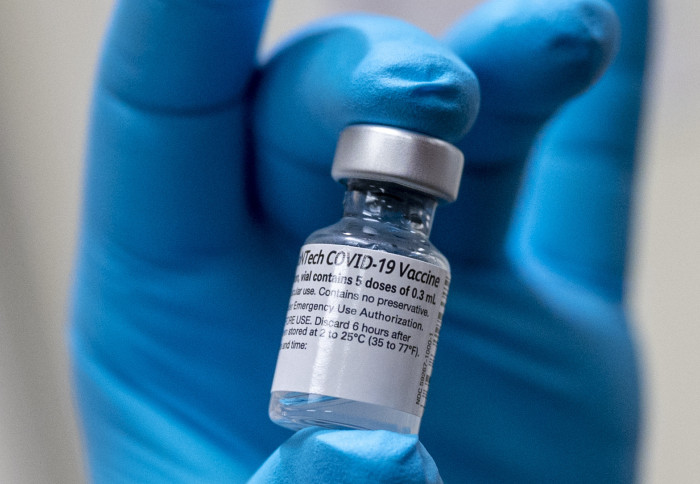
Findings from the MELODY study have identified which people with compromised immune systems are less likely to have COVID-19 antibodies. The research, led by Imperial College London including some supported by the NIHR Imperial BRC, studied people in at-risk groups which could be more vulnerable to a severe COVID-19 infection.
Around one in five people with solid organ transplant, rare autoimmune disease or blood cancer affecting lymphocytes were found to have no COVID-19 antibodies after three or more vaccinations.
From the groups involved in the research, people were more likely to have antibodies if they were younger, had more vaccine doses (for example five vaccines instead of three) or had previously had COVID-19. Some medications that weaken the immune system also reduce the likelihood of having antibodies.
The findings published in The Lancet Rheumatology will help plan better care and treatment for people with these conditions. People who are less likely to have COVID-19 antibodies could be offered antibody testing and targeted interventions, such as further vaccine doses or preventative medicine. The absence of antibodies could also influence which immunotherapy medications are given to those with different underlying conditions.
Dr Michelle Willicombe from the Department of Immunology and Inflammation, who led the research, said: “We know from previous research that people with a weakened immune system were more likely to catch COVID-19. They were also more likely to need to go into hospital for treatment or die from COVID-19.”
“Vaccines trigger the immune system to make antibodies. But if your immune system is weak, you may not produce enough antibodies needed to fight infection and prevent serious illness. Clinically vulnerable patients who are at increased risk are encouraged to attend if they are invited for a booster vaccine, to get the best protection against COVID-19.”
Planning care for vulnerable groups
The MELODY study was carried out by a team of doctors and researchers from several institutions including Imperial College London, The Universities of Southampton, Nottingham, and Cambridge, Nottingham University Hospitals NHS Trust, NHS Blood and Transplant, the National Disease Registration Service at NHS England, and IPSOS MORI.
People with suppressed immune systems could choose to enrol in the study if they had received at least 3 COVID-19 vaccine doses. More than 23,000 people took part by doing a home finger-prick antibody test and reporting the results using an online portal.
Participants also provided personal details (such as their age, gender and ethnicity), information about their condition, and their COVID-19 history, including number of vaccinations.
Antibodies were found in 77% of people who had a solid organ transplant, 79% of those with blood cancer, and 86% with rare autoimmune diseases.
“We now know that the majority of immunosuppressed people produce antibodies after having a COVID-19 vaccine,” says Professor Sean Lim from the University of Southampton. “In the future, we could offer home antibody tests to those who we know are least likely to have antibodies and provide them with quick access to preventative treatments if this is the case. The findings could also help to develop bespoke booster vaccination schedules for different groups.”
This article has been adapted from a press release by the University of Southampton.

